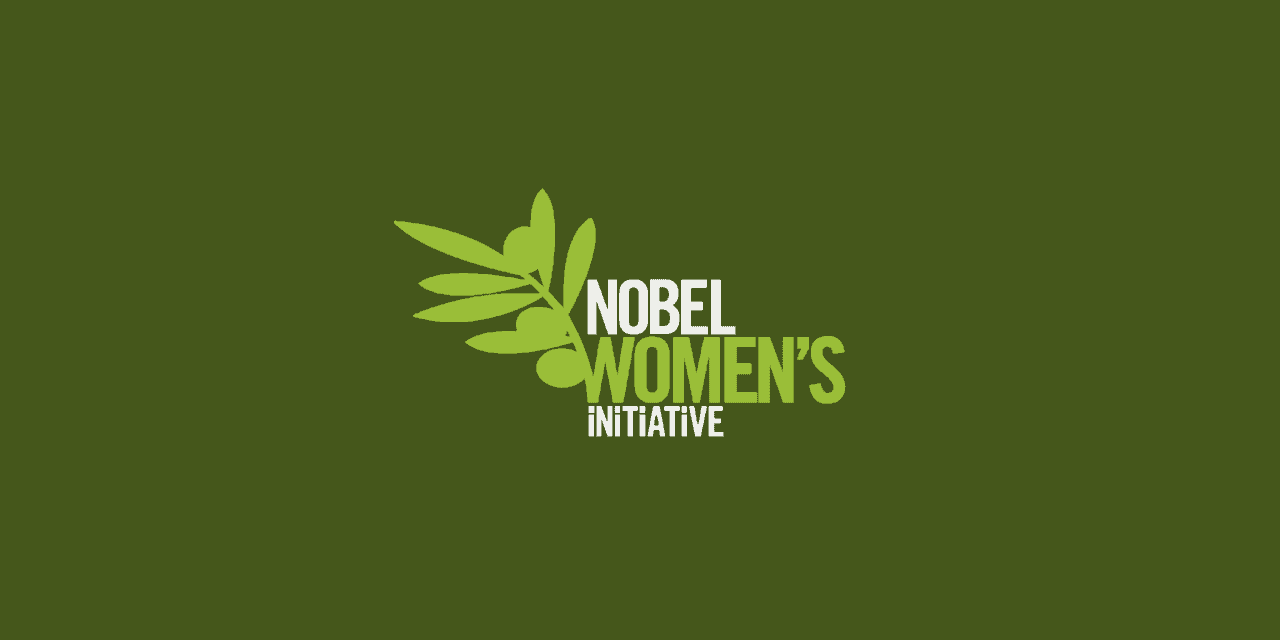Nobel Women's Initiative
It is the Nobel Women’s Initiative’s mission as women recipients of the Nobel peace prize to work together to use the visibility and prestige of the Nobel prize to spotlight, amplify and promote the work of grassroots women’s organizations and movements around the world. The Nobel Women’s Initiative works to strengthen and expand feminist efforts to promote nonviolent solutions to war, violence and militarism.
To build the world the Nobel Women’s Initiative envisions, we need collective action—driven and shaped by grassroots organizers—that engages individuals, movements and policymakers at all levels of society. There is a clear link between militarism, inequality and violence against women, and therefore to create more peaceful societies we need to shift from military solutions to nonviolent solutions. Decision-making driven and shaped by local women’s organizations and broader women’s movements is profoundly different. Women tend to focus on the common good. A vibrant civil society—free from repression and criminalization—sustains change. Support for women human rights defenders at the forefront of peace and environmental struggles worldwide is vitally important to ensure a vibrant civil society. Creating and supporting alternative narratives is essential to sparking change. To bring about political transformation, individuals must broaden their perspectives and vision of what is possible. Women’s voices and movements provide those alternative narratives.
The Nobel Women’s Initiative approaches change by:
- Convening diverse groups of grassroots women activists and organizations to share women-led strategies and solutions, and then linking these grassroots women activists and organizations to policy makers and other decision makers.
- Creatively using media to amplify the alternative narratives and solutions of grassroots women activists and organizations to policy makers and decision makers, as well as powerful civil society partners and the public.
- Working with grassroots women leaders to shape their messages and access media, as well as strengthen their capacity to conduct direct advocacy at the local, national and regional levels.
- Leveraging the prestige and visibility of the female Nobel peace laureates to bridge grassroots women leaders messages and solutions to a global audience.
